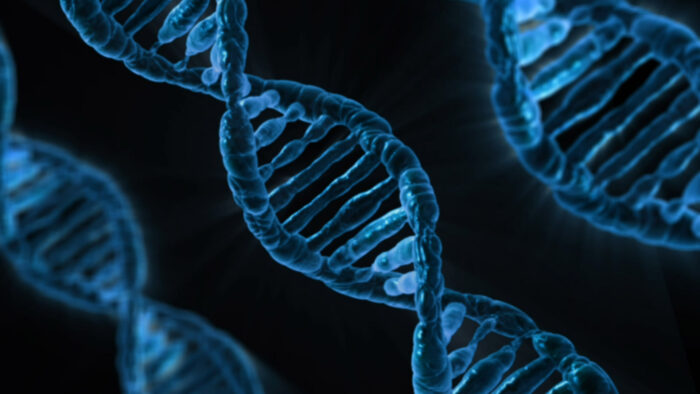Have you ever done a DNA test kit? Then you can help these scientific experts with a novel phenotype prediction study, including questions around COVID-19

Our genes make us unique, and it is because of the rare or comparatively rare variations in our genome. If you have ever done a DNA test kit (such as, 23andMe / Ancestry etc), then that data (your genotype) already contains information that sets you apart from the nearly eight billion others.
These data can also greatly help biological scientists develop and refine computational methods that interpret genetic information. And you have the power to aid such research along.
Julian Gough and his group at the LMB that works in computational genomics are working on a phenotype (observable characteristics) prediction algorithm. The aim of this academic study is to determine whether it is possible to predict phenotype from genotype.
“Our prediction algorithm from genomes offers a distinct yet complimentary power of discovery to the current state of the art in human genetics,” explains Julian.
Conventional genetic studies depend on much larger datasets and are more targeted to specific questions. Julian’s algorithm, in contrast, makes predictions that can be validated on as little as one person but in an untargeted way. Most genetic studies recruit thousands of people to find out if enough data can be gathered to answer a pre-determined scientific question, whereas Julian’s novel approach is (for a dataset of any size) – to see what questions can be asked of the data, for which there is an answer
From over 6,000 possible questions, you will be presented with only a handful of questions, personalised to your genome. Your genetic data will also aid research into genetic factors that might tell us why COVID-19 affects us variously, as everybody also has the option to share their COVID-19 status.
“Although the main risk factors in coronavirus infection are age and pre-existing conditions, we still don’t know if genetics also has a minor but important role to play… a role that could prove crucial to some people who do not know they are at high risk,” says Julian.
How you can help:
- You will need to have taken a DNA test as offered by consumer-oriented companies such as 23andme, AncestryDNA and others. Go here to upload your genome data.
- Wait about 8 hours for our supercomputer to process your information.
- Answer a “Yes / No” questionnaire tailored to your own genome.
- Receive DNA predictions according to your own genome. You will see unusual sites of biological interest in your genome highlighted by the algorithm that are rare in the general population.
Julian’s group is hoping to sign up at least 2,000 participants for the project. You can help this along by contributing your data.
“Contributing your genome to medical research is a charitable donation which could have a profound effect on people’s lives and make as significant a difference as monetary donations, if not more,” says Julian. The results of the study and any discoveries will be published in peer-reviewed journals with supplementary data provided on the project website.
Please note: Your genotype data and the complete set of answers that you provide to questions or multiple-choice selections will be treated as confidential, and deleted when no longer necessary for this study, however results derived from this data will be retained and possibly published. No individual will ever be identified in any scientific publication and any information shared by you beyond your multiple-choice answers will not be used without your permission.
Further references
Julian’s group page
Donate your genomic data